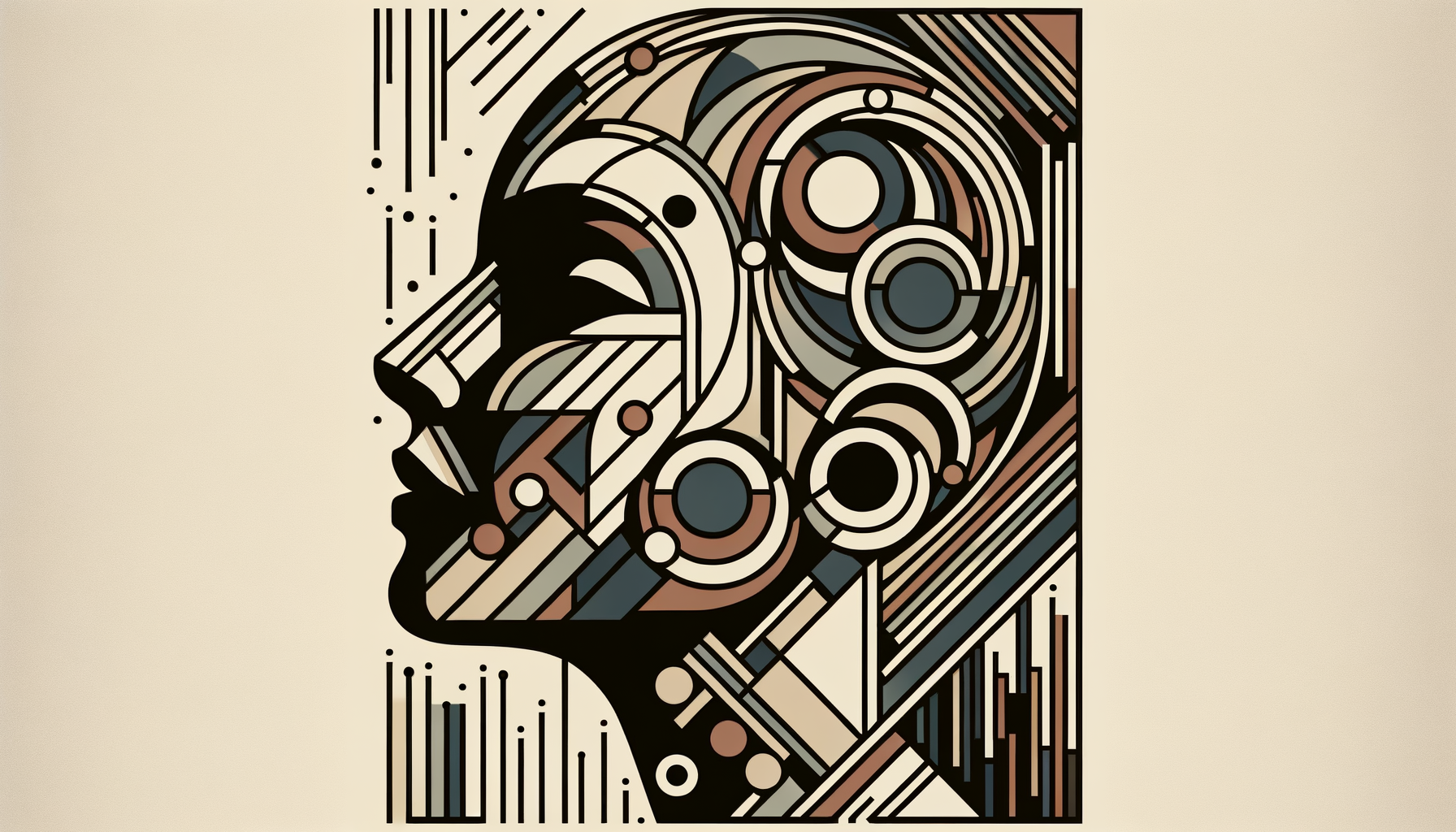Some scars are quiet—faint white lines that whisper their stories only in the right light. Others are loud, attention-seeking divas, front and center like they’re ready to perform under a spotlight. Whether you claimed them in a backyard soccer match gone wrong, a kitchen experiment that turned into a battle scene, or during one of life’s more emotional freefalls, scars, both the physical and metaphorical kind, are little storytellers etched into our being.
And here’s the crazy thing about scars: they’re never just about what happened to you. They’re a reminder of what you did with what happened. Let’s explore why these “battle marks” deserve their comeback narrative in life, love, and everything in between.
Chapter One: The Scarred and the Beautiful
Let me paint you a picture—10-year-old me, tearing through the backyard in my mamá’s prized Saturday linens, pretending I was Zorro, all bravado and flailing arms. Long story short—there was a garden rake. One very sharp garden rake. The result? A jagged six-inch scar slicing across my right calf that still grimaces every summer when I go swimming.
For years, I hated that scar. It wasn’t clean or cool—it wasn’t one of those Jason Momoa or Indiana Jones scars that hinted at bravery. Instead, it screamed “clumsy child at large!” I used to hide it, slathering on concealer like I was auditioning for a Maybelline commercial. But over time, something shifted. People didn’t point at it the way my self-conscious brain imagined. Anyone who did notice usually asked to hear the story, laughing along, amused by the rake fiasco.
The scar became a conversation starter. A part of my personal Wikipedia page. I once told the story of that Zorro-inspired mishap on a first date over cortaditos and pastelitos. It worked better than any pickup line. If anything, my date loved my complete lack of athletic grace. “A rake scar?” she chuckled, “that’s kind of…charming?” Who knew a childhood disaster could turn into a selling point?
Scars in Relationships: The Unconventional Icebreakers
Let’s be real. We all show up to a first date, metaphorical bandaids in place, hoping we’ve hidden the “ugly” parts of ourselves. But here’s an inconvenient truth: The things we try so hard to cover up are often what make us unforgettable.
If you’ve lived any kind of life, you’ve probably got some scars too. Maybe they’re the kind you carry on your skin, or maybe they’re invisible, lurking somewhere in your heart or mind. The last bad breakup? The messy situationship that taught you how to say no faster than a credit card scam? These aren’t just things to be ashamed of—these are the battle wounds of a life lived authentically.
In relationships, scars have this incredible way of stripping down walls. When you trust someone enough to share the story behind your scar, you’re no longer just a curated version of yourself. You’re not the “Sunday best” photos from your cousin Cynthia’s wedding or the perfectly filtered selfie you posted last Thursday. You’re the you who fell and got back up. That’s the version of you worth knowing.
Wear It Like Armor (Or at Least Don’t Try to Hide It)
Game of Thrones gave us one of my favorite scar-related nuggets of wisdom: “Never forget what you are. The rest of the world will not. Wear it like armor, and it can never be used to hurt you.” Sure, I might be paraphrasing Tyrion Lannister here, but that advice? Solid.
- Physical scars: If you’re tempted to Photoshop it out of every photo or overthink it every time someone starts awkwardly staring at your elbow, answer the staring contest with a story. People connect with stories—even wild ones about garden rakes.
- Emotional scars: These are trickier. The stuff we don’t wear on our sleeves feels heavier to share, doesn’t it? But the truth is, letting someone in on your journey can deepen your relationships. Start small. You don’t have to unload your entire trauma diary in one go—just enough to remind the other person you’re human, too.
While you’re at it, give yourself some credit for how far you’ve come. That scar (literal or not) may have shaken you, but it didn’t break you. Replace the narrative of “this is imperfect, hide it!” with “this is me, understand it.”
The Playlists and the Pain: How Scars Help Us (Seriously)
Think of your scars as little Spotify playlists of wisdom. Don’t skip this metaphor—I promise, it works. Every scar is packed with lessons, like undiscovered tracks waiting to be heard:
-
The Power of Vulnerability: Telling the story behind your scars makes you vulnerable, yes—but also relatable. Nobody remembers the one-note perfect person who looks like they emerged from a pageant competition untouched by life. They remember the survivor, the person who cracked a rake joke mid-cafe con leche date.
-
Resetting the Bar: Once you’ve been scarred—literally or emotionally—you start setting better boundaries. You learn how to say "never again, thank you." The scar becomes a kind of GPS system that guides you toward healthier choices.
-
Empowerment Through Acceptance: Scars can be powerful. Once you make peace with them, they stop apologizing for existing. They stop seeking approval. For me, it came the summer I ditched my long swim trunks, wore shorts for the first time in years, and realized the only person even thinking about my scar was me. It felt like pulling off emotional Spanx. Do yourself a favor and liberate yourself, too.
Scars Are Sexy. No, Really.
For years, pop culture has validated my theory: scars add flavor. Look at Joaquin Phoenix’s distinctive cleft lip, or Adam Driver’s lightsaber-scarred Kylo Ren. Even Simba’s villainous uncle in The Lion King—I mean, the man literally built a brand around his scar. In a less toxic way, the same is true for us everyday folks.
A well-worn story, a leftover mark? That’s intrigue right there. It’s not that your scars—or the stories behind them—define you, but they do make you unique. And isn’t that what dating and relationships are all about? Leaving a mark on each other’s lives?
The Takeaway: Scars Aren’t Endings, They’re Openings
At some point in your life, someone you care about will lean in closer, trace the faint line on your wrist, or notice the tiny hitch in your voice when you mention “the last breakup.” They’ll ask, “What happened?” And you’ll have a choice: brush it off, or share the truth.
My advice? Share it. Wear it. Scar stories remind people of your resilience, your layers, your lived experience. They’re not weaknesses—they’re proof you survived, adapted, and thrived. So the next time you catch yourself overthinking your scars in the mirror, try this instead: smile. Tilt your head a little like an intrigued stranger and think, Man, I’ve got some stories. Because you do.




















